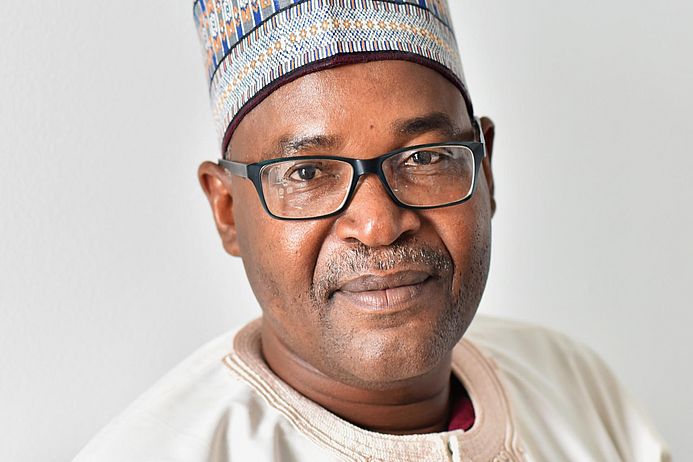In the capitals of the major powers that have waged war in Afghanistan for 20 years, bewilderment prevails. “Kabul is not Saigon,” one senior US official stated. But it is a debacle, in some ways a far worse one than in Vietnam in 1975. In spite of their superior resources, Western armies have failed because of the Taliban’s resolve. But it is the political leadership of the West that is to blame for the defeat. The governments may have invested all their energy into this war. When doing so, though, they have always relied on a deeply corrupt elite that is no less dismissive of democracy than the Taliban. Brought to power and kept there by foreign armies, they have been free to grow unabashedly richer for 20 years - as has the military-industrial complex of the West. The “costs”, the lives and the vast sums of money that this war has swallowed up, have been borne solely by the “ordinary people” in Afghanistan and the ordinary taxpaying public in the West.
It is precisely because a war like this is by no means a misfortune for everyone that it continues to be waged in the Sahel region. Here, too, Western powers have been waging a war against armed groups for years; groups ideologically close to the Afghan Taliban. Here, too, you have corrupt elites who have zero sense of responsibility for their country. Here, too, dialogue, reform and rights are being denied – harbouring the risk that one day “Talibis on motorcycles” will enter the capitals here as well. The events in Kabul are a warning. They attest to what can happen if the ruling elites in the Sahel and their Western supporters continue to ignore demands for bold reforms. For only through a courageous political process can the strongest political and military force - the “ordinary people”, the population be won over.
Men and women of good will must stand up and proclaim that the current war cannot be won with the very foreign armies that failed to win it in Afghanistan. If this war can be won, then only through the will of many and bold initiatives towards a new political and social contract; a contract that returns sovereignty to the people and creates the prerequisites for a decent life for the millions of people currently denied this.
Translation: Rajosvah Mamisoa

